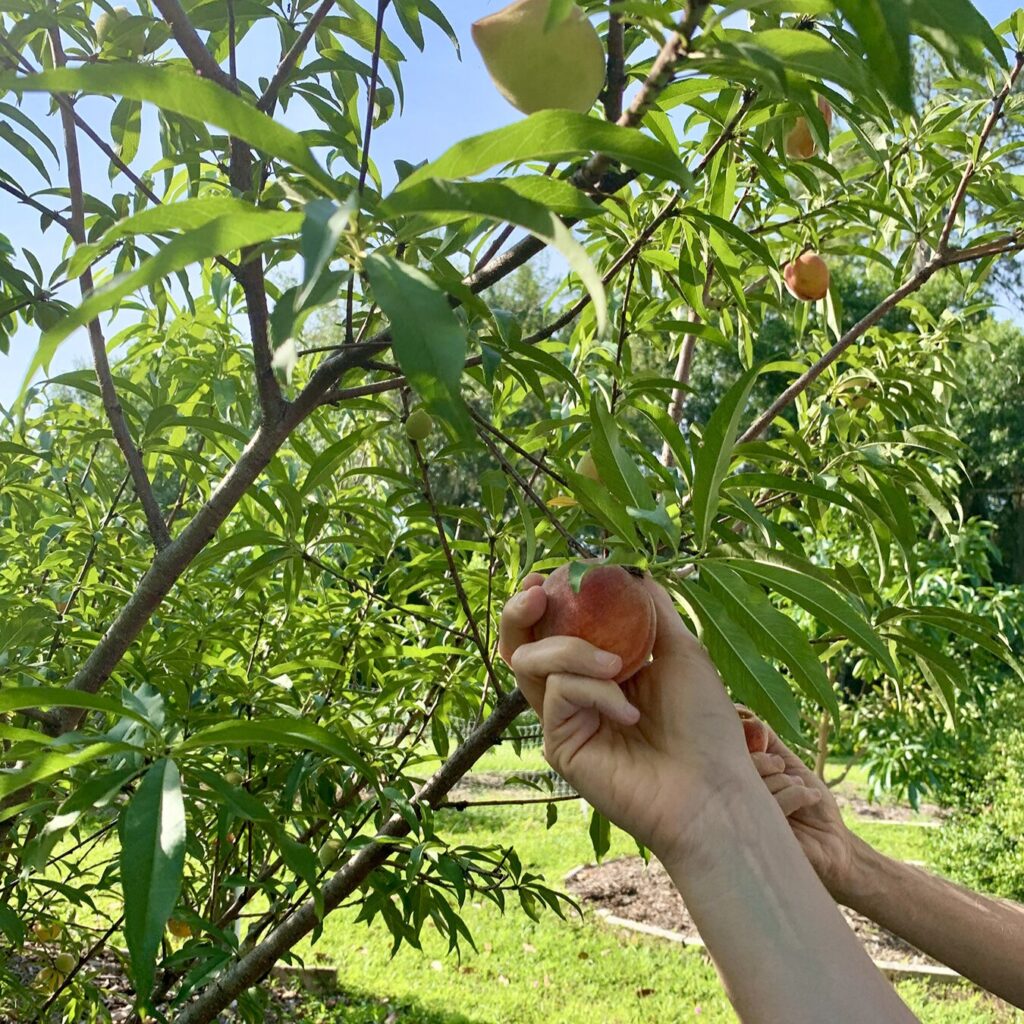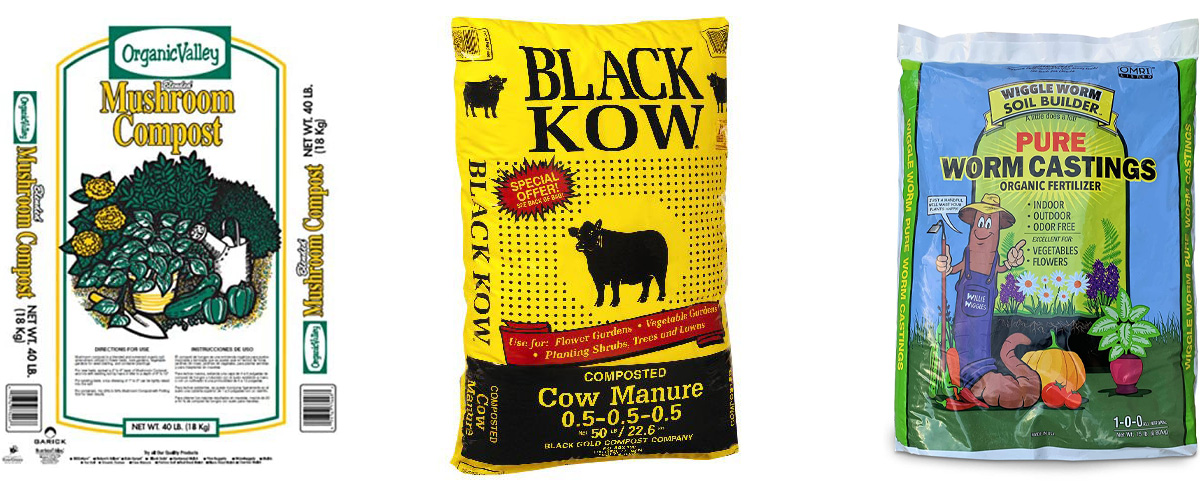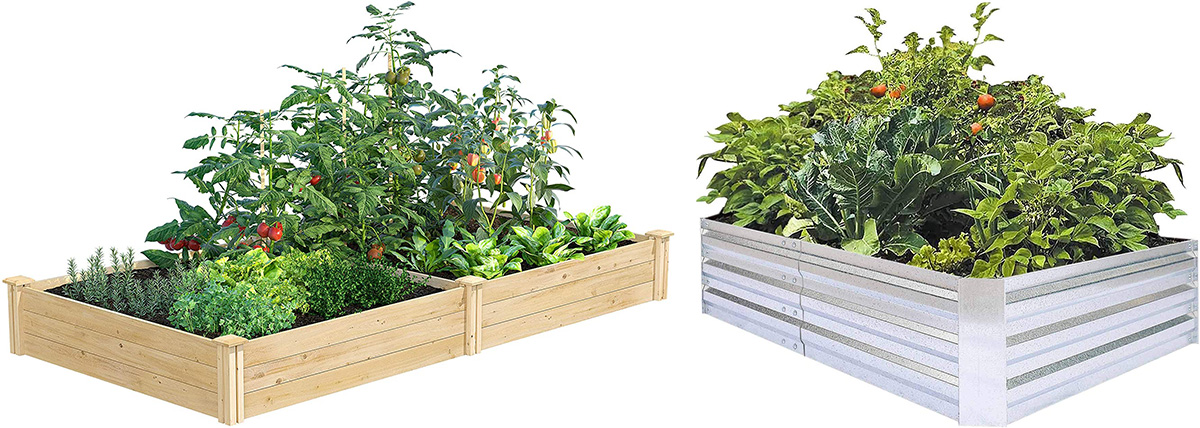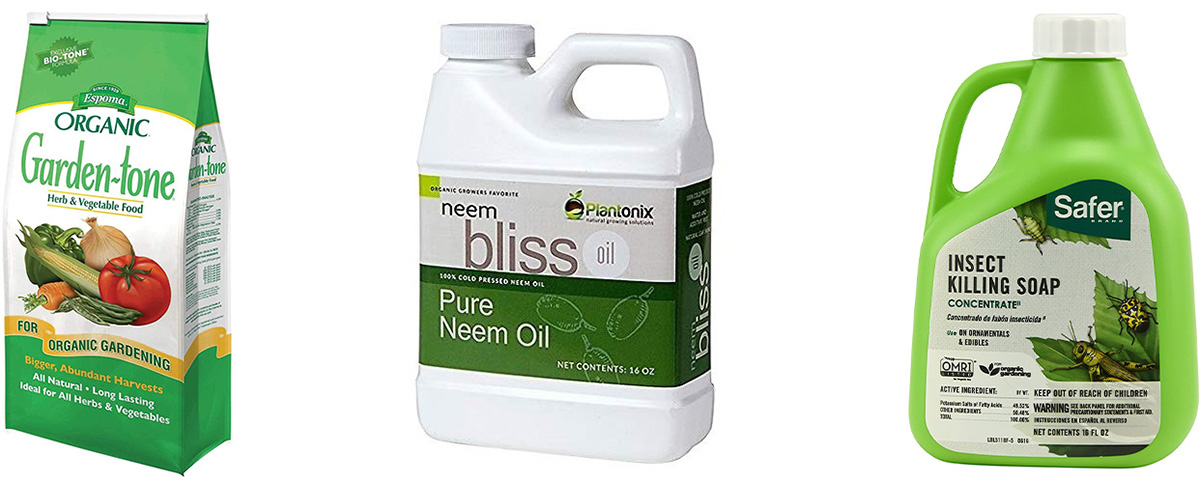Grow to Know Your Food
With a little know-how and some practice getting your hands dirty, you can grow fresh, nutritious vegetables, herbs, and fruits without a trek to the supermarket. Even apartment and condo dwellers can enjoy tasty container-grown herbs and vegetables. Edible gardening can beautify your surroundings, reduce your carbon footprint, relieve stress, improve your fitness, and increase your access to safe, nutritious food. Grow socially by joining a community garden or grow solo with a home garden, and you’ll be part of a worldwide “slow food” movement that is good for people and the planet!

Growing food close to home, using organic methods, is healthier for us and the planet. Food can be grown in many places and ways — in containers on a patio, a raised bed in a backyard, or an individual plot in a community garden where newbies can learn from experienced gardeners. Dig in with these resources.
Cost: $0-25
Community gardens are welcoming places for newbies to nurture gardening skills by learning from veteran Green Thumbs. They foster camaraderie and relationships that can grow beyond the garden. They reduce food costs and build social support systems. You can find them on church properties, schools, and parks. In neighborhoods where grocery stores and fresh markets are scarce, they provide residents a healthy and inexpensive alternative to pre-packaged convenience store fare, especially when the garden harvest is shared with needy families.

Even if you don’t garden, you can join the harvest at a gleaning event. Gleaning is gathering leftover crops from farm fields after the commercial harvest is over. Think of fruit that falls to the ground or is not ripe enough at picking time. Local farms and even homeowners with bountiful fruit trees invite volunteer gleaners to collect their excess harvest for a food bank. Gleaning combats food waste at its source and directs it to community members who need it most.
Community Harvest SRQ is a non-profit organization committed to improving food security and strengthening the local food supply system. Learn how you can share your backyard fruit harvest or volunteer for a gleaning event.
Cost: $10-500
Whether you live in a spacious corner lot in the ‘burbs or a high-rise waterfront condo, you can grow some of your own food. In the ground or in raised beds, in containers, garden boxes or hydroponic towers, gardening is accessible to people of all ages and abilities. Start small and grow your garden along with your knowledge and tastes. Begin with this Florida Vegetable Gardening Guide.
Select a location for your garden beds or containers with at least six hours of sun and close to a water source. Decide whether you will water your garden by hand or install drip irrigation.
Don’t skimp on soil preparation—healthy soil grows healthy food. Transform sandy backyard dirt into rich soil with the addition of organic material like compost.

Raised beds or elevated containers can make it easier to manage soil health, weeds, and pests.

Grow what you like to eat, what’s in season, and what’s adapted to our Suncoast climate. You’ll have better results with less frustration. Many varieties that grow well elsewhere in the country don’t survive our relentless summer heat, humidity, and pests. In fact, Florida’s gardening season starts in the fall, not the spring! Watch the webinar.
Search by zip code for specific fruit and vegetable varieties suited to our region, the best times to plant them, and notes on how to grow, harvest, and eat!
Choose your seeds with care, as not all seeds sold in Florida will thrive in Florida. You can shop for specific varieties of seeds at local garden stores and order seed packs online (search for “heirloom seeds Florida” or the specific varietal name), or you can exchange seeds at your local UF/IFAS Extension office.
The exciting day will come when green seedlings pop their heads out of the soil. Let the nurturing begin! Edible gardens will need water, nutrition, and a helping hand to ward off pests who find your garden as tasty as you do.

Browse the entire Florida Edible Gardening Series featuring 25 solutions to Florida’s unique gardening challenges, including blog posts, videos, and resources.
Find out what’s happening and join in with our comprehensive community events listing.
Look for these classes
Yes, you can. With a little creativity, and a sunny spot on a patio or balcony, you can grow herbs and vegetables. Herbs are great starter plants for apartment and condo dwellers. They do well in pots or planters (try self-watering containers like Earthboxes or City Pickers), grow quickly, are attractive, and have a long harvest season if continually snipped –which you’ll want to do because fresh herbs are a wonderful addition to food and craft cocktails. Small fruit trees, such as Meyer lemons, also do well in containers. Lettuce grows in just about any container with a drain hole.
Other growing methods:
Pro Tip: Most edible plants need at least six hours of sun per day, so you’ll need to plan your garden based on when and where the sun hits your outdoor space, allowing for the shift in sun through the seasons.
Organic gardening is gardening without synthetic fertilizers and pesticides. Growing food organically supports the health of the whole system. It involves building healthy gardening soil (ideally with your own compost), planting fruits and vegetables in season, learning to tell the difference between good bugs and bad bugs, and using non-toxic remedies for pests, diseases and other problems. Beginner gardeners may find organic gardening challenging, especially with Florida’s relentless summer heat, humidity, and pests. It’s still good for your health to eat more veggies from your home grown garden even if it’s not 100% organic.
As many gardeners could tell you, Florida’s climate is very welcoming to pests, which can make gardening a challenge. However, there are a few tricks that can help you avoid resorting to harsh chemicals:
Community Gardens offer newbie gardeners the opportunity to learn how to grow food from experienced green thumbs. They beautify neighborhoods, and provide an abundant source of fresh, nutritious food, and grow relationships and social support networks. In “food deserts” with few options other than convenience stores, they are a lifeline to better health. Joining a community garden builds friendships and fitness. Sharing some of the garden’s harvest with food banks lifts our entire community by reducing hunger.
Submit your food-related question to local experts. If selected, they will answer and feature your question on our FAQ. Not all questions will be answered.
This site protected by reCAPTCHA and the Google Privacy Policy and Term of Service apply.
©2026 Science and Environment Council of Southwest Florida | Site by Chariot.